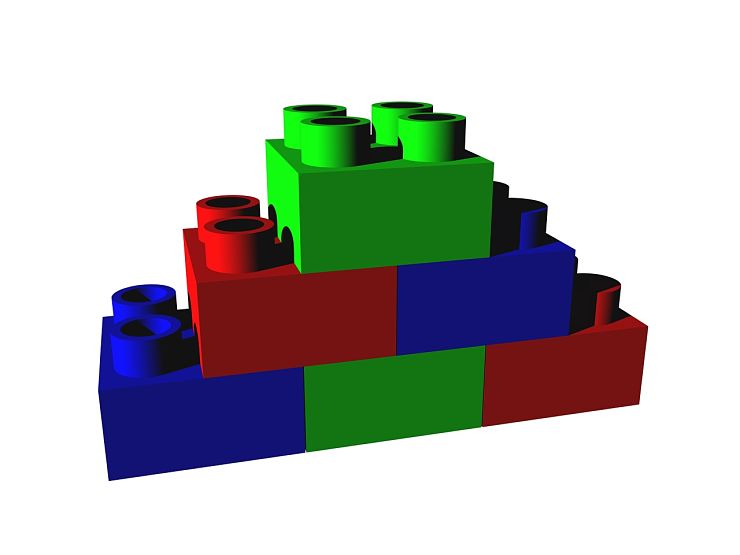 Albert Einstein said compound interest is the 8th wonder of the world.
Albert Einstein said compound interest is the 8th wonder of the world.
Those who understand it, earn it. He who doesn’t, pays it.
In other word, it’s a double edged sword.
Terrific if you’re earning it. Debilitating if you’re paying it.
And compound interest is a fundamental building block of personal financial literacy.
Why compound interest matters
Understand compound interest, and you’re motivated to contribute to your IRA faithfully. The interest your account earns this year itself earns interest next year. And next year, and the next,
Borrow money at compound interest and the interest bearing balance can grow to be larger than the original loan.
Compound interest is at the heart of many of the student loan horror stories. Student borrows $10,000, uses some deferments, and, after paying for years, owes $18,000.
How does that work?
Deferred student loan payments compound
The interest portion of a deferred payment is added to the loan balance, and that unpaid interest accrues more interest.
Student loan servicer Navient explains it this way.
Unpaid accrued interest is added to the principal amount of your loan after you leave school and finish any applicable grace period. Simply put, there will be interest to be paid on both the principal of the loan and on the interest that has already accumulated.
Sallie Mae uses slightly different language. They talk about “capitalization”. Different words, same idea.
“Capitalized” means added to the Current Principal of the loan. Your billing statement might show a Current Principal that’s more than the original amount that you borrowed. That’s because the interest has been accruing since the loan was originally disbursed. The more frequently interest is added to the Current Principal, the more interest you will pay. Capitalization may occur when the separation or grace period ends, or at the end of a period of forbearance or deferment.
So, that comforting deferment of your payment obligation has you suffering the downside of compound interest.
Reverse mortgage sucks equity
At the other end of the age spectrum, homeowners taking out a reverse mortgage suffer compound interest on their loan.
The money you draw out incurs interest, which you don’t pay under the terms of the mortgage. However, that unpaid interest is added to the loan balance of the reverse mortgage.
Next accounting period, you’re incurring interest on the interest you didn’t pay before.
Equity shrinks fast at that rate.
Einstein got it: Fail to pay according to terms and the debt grows even faster than at simple interest.
Compound interest fuels savings
If you are the saver, rather than the borrower, compound interest works great.
The interest your savings earn this year earns more interest next year.
Suppose you save $100 a month and it earns 3% interest. At the end of 10 years, you have $15,782.
That’s $3782 in interest, even at today’s paltry interest rates.
Same rate of savings over 30 years gets you $25,716 in interest, swelling your nest egg.
Personally, I’d rather be earning compound interest than paying it. You?





